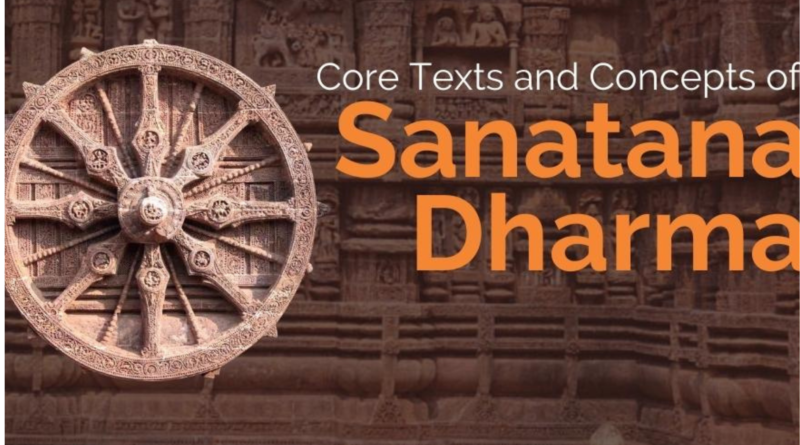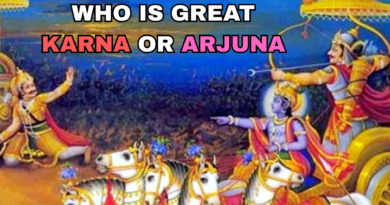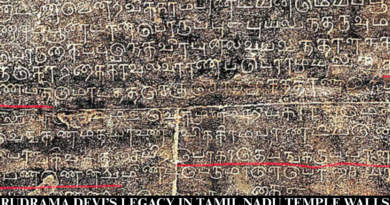Core Principles of Sanātana Dharma
Sanātana Dharma, often referred to as the eternal way or eternal order, is founded on universal principles that guide moral and spiritual life.
At its core is Dharma, the righteous path that encompasses ethical duties, responsibilities, and conduct aligned with truth and justice. Living according to one’s dharma fosters inner peace and social harmony.
Equally central is Karma, the law of cause and effect, which teaches that every action good or bad produces corresponding consequences, shaping one’s present and future experiences.
Another essential concept is Samsāra, the continuous cycle of birth, death, and rebirth. This cycle is driven by karma and can only be transcended through Moksha, or liberation.
Moksha represents the ultimate goal of human life in Sanātana Dharma, achieved through spiritual realization, detachment from worldly desires, and devotion to the divine. It frees the soul (Atman) from the cycles of suffering and reincarnation, uniting it with the Supreme Reality (Brahman).
Sanātana Dharma also upholds Ahimsa, the principle of non-violence and compassion toward all living beings, reflecting deep respect for the interconnectedness of life.
Satya, or truthfulness, emphasizes honesty in thought, speech, and action, fostering trust and harmony in human relationships. Together, these principles nurture a balanced life that aligns the individual with cosmic order, fostering unity between self, society, and the universe.




